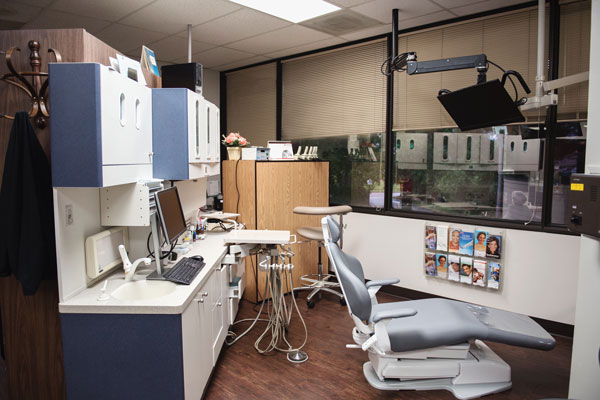The mouth is often thought of as the mirror to the rest of the body, and at Conroe Dental Associates, we work hard to keep your mouth healthy so the rest of you can be healthy. People who have diabetes especially require good dental care because they can be more susceptible to developing periodontal disease. Dr. Gina Khong and her team are pleased to offer a complimentary consultation to patients with diabetes to discuss their current condition and treatment options. We are never judgmental, and we strive to care for all patients with compassion. We are pleased to provide excellent periodontal treatment for diabetic patients in Conroe, Texas. Please call us today at 936-756-9884 to schedule your consultation with our dentist.
Diabetes has become a widespread disease, affecting more than 18 million people in the United States and more than 171 million people worldwide. If you have diabetes, you may be aware of the many different complications that may arise as a result of uncontrolled blood sugar. One complication that scientists have become aware of is the correlation between uncontrolled blood sugar levels and periodontal disease.
Part of having diabetes means that you are more susceptible to infections, and studies have shown that diabetics who do not control their blood sugar levels are at higher risk for developing periodontal disease. One idea states that diabetics develop periodontal disease due to a thickening of the blood vessels, which is a common diabetic complication. Blood vessels carry oxygen to the body’s soft tissue and carry out harmful waste. If blood vessels become thickened, the flow of oxygen and nutrients to the tissue slows, and so does the removal of harmful waste. This allows bacteria to build up faster inside the mouth and ultimately leads to periodontal disease. Poor control of blood sugar levels also increases the amount of glucose in the mouth, which allows periodontal bacteria to feed and grow at immense rates.
The relation between diabetes and periodontal disease is two-sided. Uncontrolled diabetes can lead to an increase in periodontal bacteria, and having periodontal disease can increase your blood sugar and increase the risk of other diabetic complications. The best way for someone with diabetes to avoid or control periodontal disease is to control their blood sugar levels. If you have diabetes, our practice wants to help keep your mouth — and thus your whole self — healthy. We recommend following these simple tips when visiting with your dentist:
- Inform your dentist about how well you control your diabetes.
- Before scheduling a periodontal treatment, visit with your dentist to receive an overall checkup and determine whether you require periodontal treatment.
- If your blood sugar is not in control, postpone non-emergency dental treatments. However, acute infections, such as a swelling or areas of pus in your gum tissue, should be treated immediately.
- If you are having oral surgery, your dentist may have you change your meal schedule and the timing of your insulin dosage to fit procedure standards.
- Healing may take more time after oral surgery, due to the common diabetic complication of slower healing. However, you should have no more trouble than a non-diabetic when you have good dental care and medication.
Our practice strives to provide each patient with excellent dental care that fits your specific situation. Please inform our dentist if you have diabetes so we can ensure that you receive proper care. We welcome you to call or visit us with any questions you may have.



















